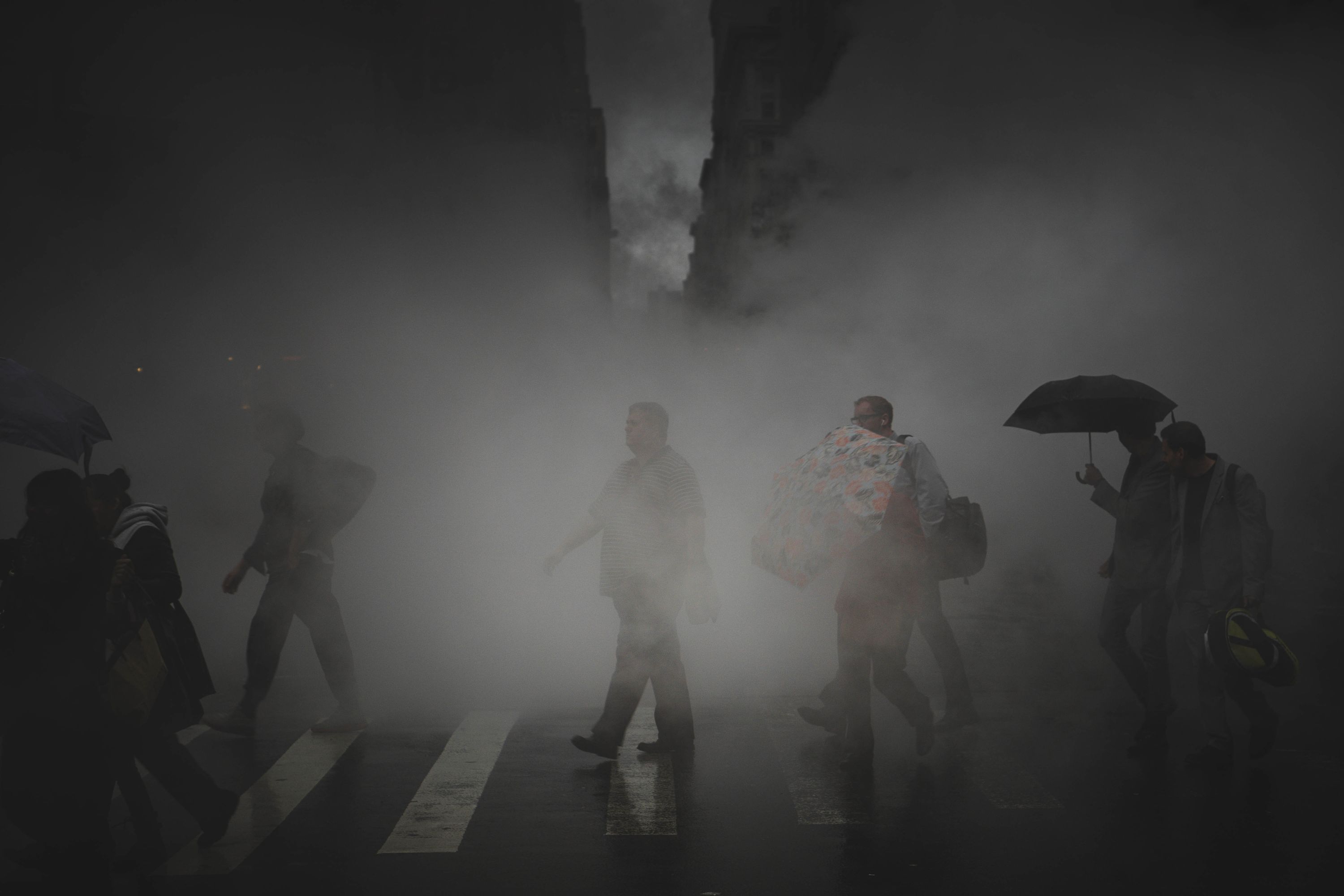
Toxic Coal
Using coal and nuclear power is the wrong way forward for Germany, warns UN Special Rapporteur Marcos Orellana. The health risks for people are too great, he says.
A guest contribution by Marcos A. Orellana. November 29, 2022, 2:35pm
English Translation | “Toxische Kohle” in ZEIT ONLINE | Click here for original article in German.
Marcos A. Orellana is the United Nations Special Rapporteur on Toxics and Human Rights. He teaches international environmental law at George Washington University in the United States. Here, he calls for Germany to renounce coal and nuclear power because of the toxins produced during mining and use of these energy sources.
_________________________________________________________________________
As Germany grapples with stopped gas supplies from Russia and as an EU-wide oil embargo will soon be in force, extending the use of coal and nuclear plants is not the answer. The coming winter months will test the country’s commitment to decarbonize and detoxify its energy matrix.
Coal power is a dirty source of energy, responsible for serious environmental and human rights impacts. Worldwide, it generates 1/5 of global greenhouse gas emissions. The coal region North Rhine-Westphalia has been described as a sacrifice zone from coal mining and air pollution in a publication of the United Nations, which lists the 50 most polluted regions in the world. Coal plants require substantial amounts of water that Germany cannot afford, given the decreasing water levels of its rivers.
Continuing to burn coal likely violates the emissions goals Germany put in place after the landmark 2021 decision of its Constitutional Court. As the court noted, the freedom of every individual and that of future generations is at risk with global warming.
Germany nevertheless intends to buy more of its coal from Colombia. This simply shifts the burden of toxic pollution to other communities. The El Cerrejón mine in Colombia, the largest coal mine in Latin America, is locally known as “the Monster.” Coal mining has contaminated the Wayuu indigenous peoples in La Guajira.
Mercury, lead and nitrogen oxides from coal combustion
Coal power also releases mercury, lead, and nitric oxides to the air, while coal ash and waste pollute water sources. Chronic exposure to the toxic pollution caused by coal combustion is responsible for diseases affecting the lung, heart, and brain.
So better use nuclear energy? No, nuclear energy is not a clean or sustainable alternative to fossil fuels. While nuclear energy would decarbonize the energy matrix, it would not detoxify it. Nuclear power generates ultrahazardous radioactive wastes that pose a threat to human health and the environment for centuries. Radiation from wastes can seep into the soil and water or be released in accidents - like in the Chernobyl and Fukushima disasters. The armed conflict in the Ukraine, particularly the shelling close to nuclear power plants, also shows the perils of this ultrahazardous technology.
To produce nuclear energy, uranium must be mined. This often results in radioactive pollution and human rights violations. For example, the Navajo tribe in the United States has reported chronic health problems after living next to a uranium mine for years. Shockingly, about 70 per cent of the uranium mined globally to fuel nuclear power is on indigenous peoples’ lands.
The three remaining nuclear plants in Germany receive uranium mainly from Russia and its ally Kazakhstan. Extensive uranium mining in Kazakhstan has not only impacted the health of miners who face increased lung-cancer risk, but it also generates environmental and health risks in the contamination of water from mine tailings and in the transport of uranium. The Economic Commission for Europe has referred to the widespread radioactive contamination in Kazakhstan as the most “enduring” environmental threat for the country. Germany’s use of nuclear energy thus has clear adverse effects on the enjoyment of human rights of those working in mines and the communities around them.
Two assessments by the Federal Ministry for Environment, Nature Conservation and Nuclear Safety and Consumer Protection confirm that nuclear energy would not supplement enough energy to be worth extending in time. Even as emergency power, nuclear energy still requires the mining and storage of nuclear materials and generates radioactive wastes.
The health and environmental impacts of coal and nuclear energy undermine the realization of the right of everyone in Germany and beyond to live in a non-toxic environment. The United Nations General Assembly just recognized this right this summer.
Germany now has the foresight to pivot towards alternative energy sources. Effective climate action is critical for humanity’s survival. And yet certain decarbonization strategies, like nuclear energy, can lead to devastating levels of chemical pollution.
As the host of the International Conference on Chemicals Management in 2023, Germany will play a central role in designing a new global strategy for chemicals management. This leadership is threatened by reversing course on its decision to phase out coal and nuclear energy.
Decarbonization and detoxification must go together
This is the time for the country to double down on renewable energies. The approval of nearly 170 billion euros for its Climate and Transformation Fund between 2023 and 2026 is a promising step towards investing in climate protection. If Germany continues to investment in long-term renewable energies this would accelerate reduction of greenhouse gas emissions and reduce toxic pollution.
Entering into new agreements for alternative energy sources would complement Germany’s climate investments and help it maintain its energy security. For example, the Chancellor is in negotiations for a hydrogen supply chain with Canada. Germany’s energy security is vital for the wellbeing of its population. At the same time, the protection of our planet calls for climate action that integrates decarbonization and detoxification strategies.
“The health and environmental impacts of coal and nuclear energy undermine the realization of the right of everyone in Germany and beyond to live in a non-toxic environment.”
Marcos Orellana